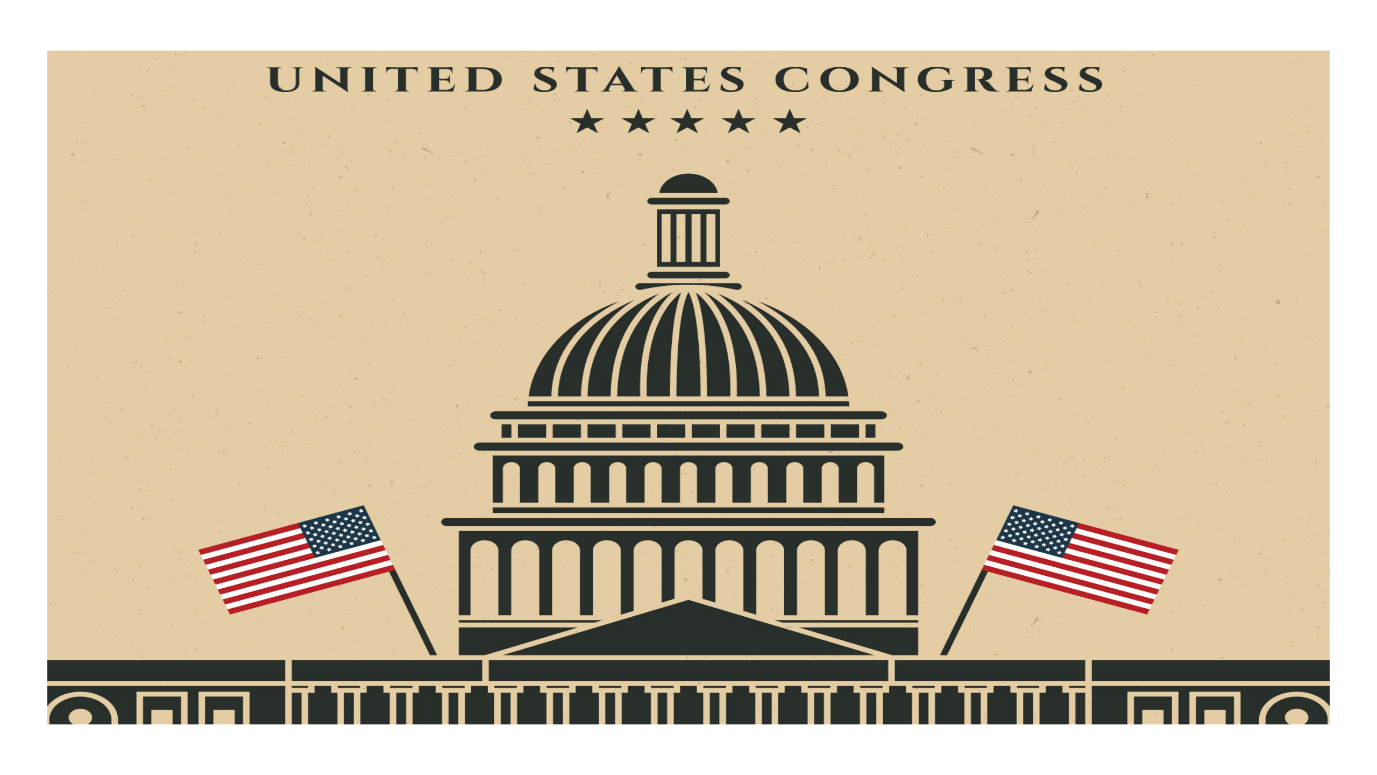
Why Skills-First Leadership Is Replacing the Ivy League Playbook in the C-Suite
The old prestige pyramid—where Ivy League degrees and blue-chip consulting backgrounds paved the way to the CEO seat—is cracking.

August 02, 2021: -On Thursday, Congress approved a $2.1 billion spending bill to address security concerns at the U.S. Capitol and bolster federal efforts to relocate Afghans that aided U.S. forces during the war in Afghanistan.
It passed the Senate with unanimous support in a 98-0 vote and later passed the House in a 416-11 vote. The measure will now go to President Joe Biden, who backed the action in a statement Tuesday.
Democratic Sen. Patrick Leahy of Vermont, the Senate Appropriations Committee chair, and Sen. Richard Shelby of Alabama, the ranking Republican member, announced the bipartisan spending agreement.
On Tuesday, four police officers testified to the Jan. 6 House select committee about horrific violence they faced during the Jan. 6 insurrection at the Capitol, where supporters of then-President Donald Trump stormed the building to disrupt Biden’s electoral confirmation.
“We have to make a strong statement of support for those officers who defended the building and all that it stands for on that terrible day,” Leahy said Thursday on the Senate floor.
The spending bill includes roughly $1 billion for Capitol security to cover costs incurred during the insurrection and ensure the Capitol is protected in the future.
This includes approximately $100 million for Capitol Police, which was at risk of furloughing officers without the additional funds, and $500 million to reimburse the National Guard for deployment to Capitol Hill.
It also allocates $300 million for security measures at the Capitol, such as upgraded windows, doors, and security camera upgrades.
In May, the House passed a separate $1.9 billion security spending bill in response to the Jan. 6 insurrection, which provided roughly $44 million for Capitol Police.
Unlike the House bill, however, Leahy said the newly passed spending bill does not include creating a rapid response force to support Capitol Police.
According to The New York Times, the insurrection at the Capitol resulted in one of the worst days of injuries for U.S. law enforcement since the 9/11 terrorist attack.
Almost 140 police officers, 73 from the Capitol Police and 65 from the Metropolitan Police Department in Washington, were injured, the Times reported. The injuries ranged from bruises, concussions, rib fractures to a mild heart attack.
“The last six months have pushed those who protect the U.S. Capitol to the limits. In the face of unprecedented adversity, they responded heroically,” Senate Majority Leader Chuck Schumer, D-N.Y., said on the Senate floor before the vote. “We must support them now, as they so courageously supported us.”

The old prestige pyramid—where Ivy League degrees and blue-chip consulting backgrounds paved the way to the CEO seat—is cracking.

Loud leaders once ruled the boardroom. Charisma was currency. Big talk drove big valuations.

But the CEOs who make history in downturns aren’t the ones with the deepest cuts

Companies invest millions in leadership development, yet many of their best executives leave within a few years. Why?

The most successful business leaders don’t just identify gaps in the market; they anticipate future needs before anyone else.

With technological advancements, shifting consumer expectations, and global interconnectedness, the role of business leaders

At seventeen, Professor Richard Rose stepped into a world few adults dare to navigate: the world of children fractured by trauma. He wasn’t a clinician then, nor a scholar. He was simply a young man with a heart tuned to the quiet ache of others.

Following a distinguished Law Enforcement career Joe McGee founded The Securitatem Group to provide contemporary global operational specialist security and specialist security training products and services for private clients, corporate organisations, and Government bodies. They deliver a wide range of services, including complete end-to-end protection packages, close protection, residential security, protection drivers, and online and physical installations. They provide covert and overt investigations and specialist surveillance services with a Broad range of weapons and tactical-based training, including conflict management, risk and threat management, tactical training, tactical medicine, and command and control training.

Jay Wright, CEO and Co-Owner of Virgin Wines infectious energy, enthusiasm, passion and drive has been instrumental in creating an environment that encourages talent to thrive and a culture that puts the customer at the very heart of every decision-making process.

Fabio de Concilio is the visionary CEO & Chairman of the Board at Farmacosmo, a leading organization dedicated to mental health and community support services. With a deep commitment to identifying and meeting customer needs, Fabio ensures that high standards are maintained across the board.

Leave us a message
Subscribe
Fill the form our team will contact you
Advertise with us
Fill the form our team will contact you